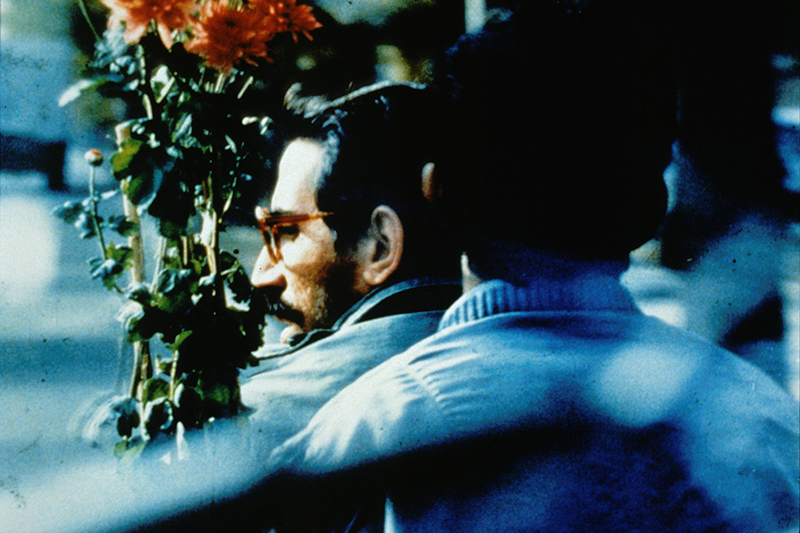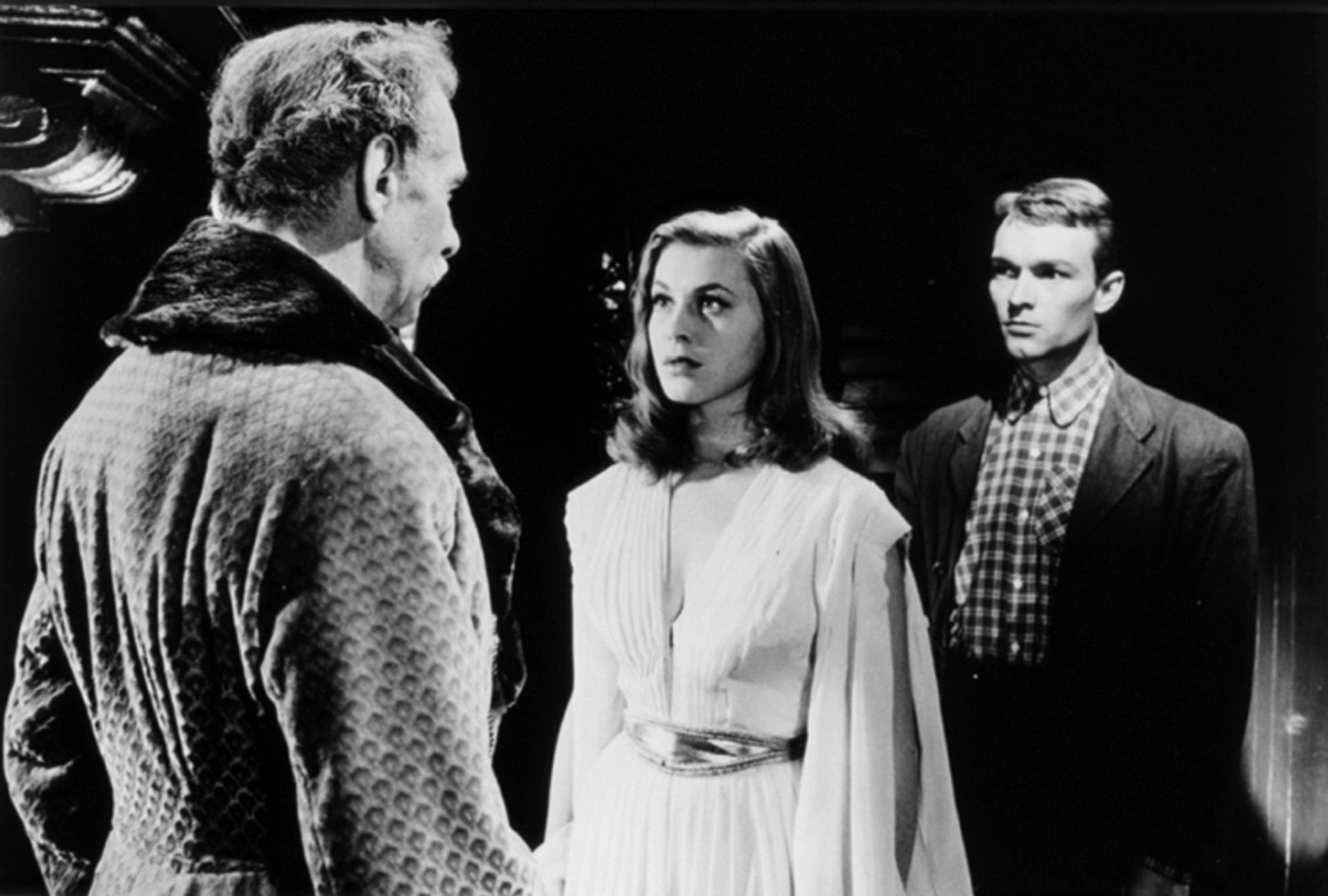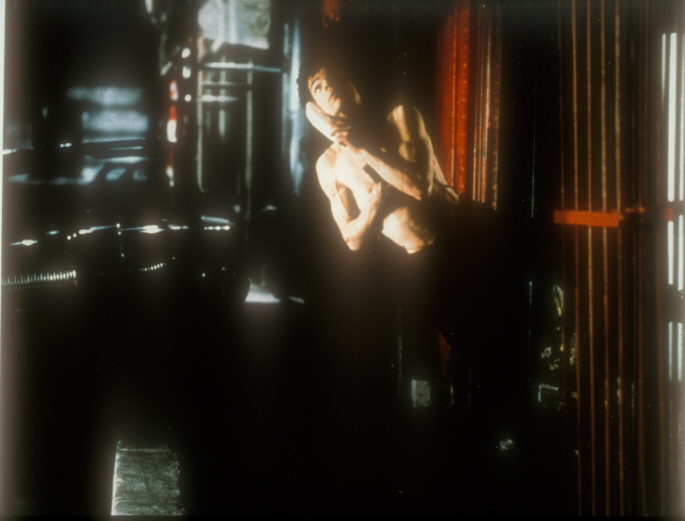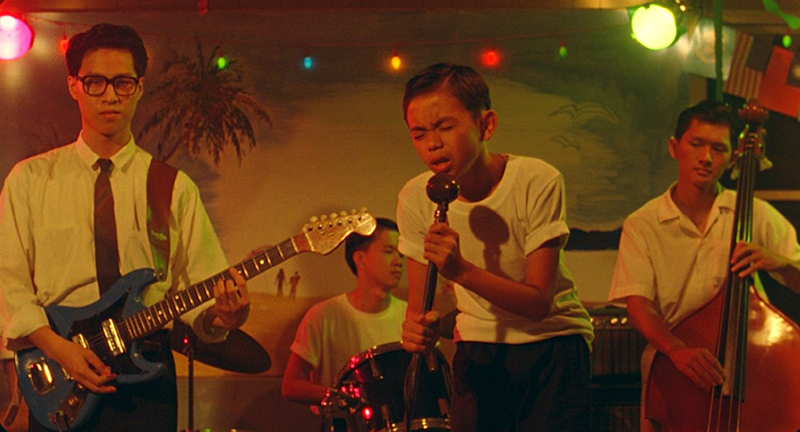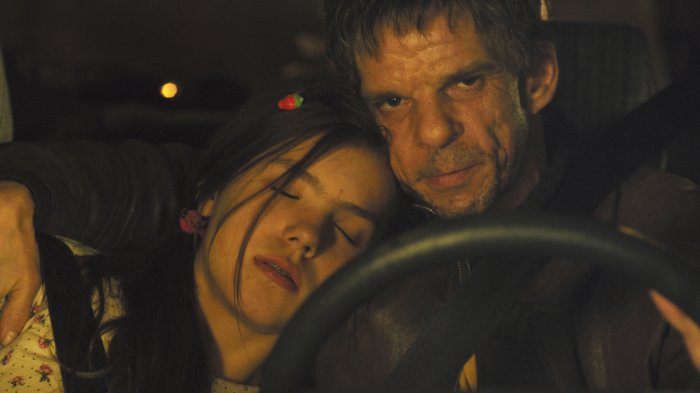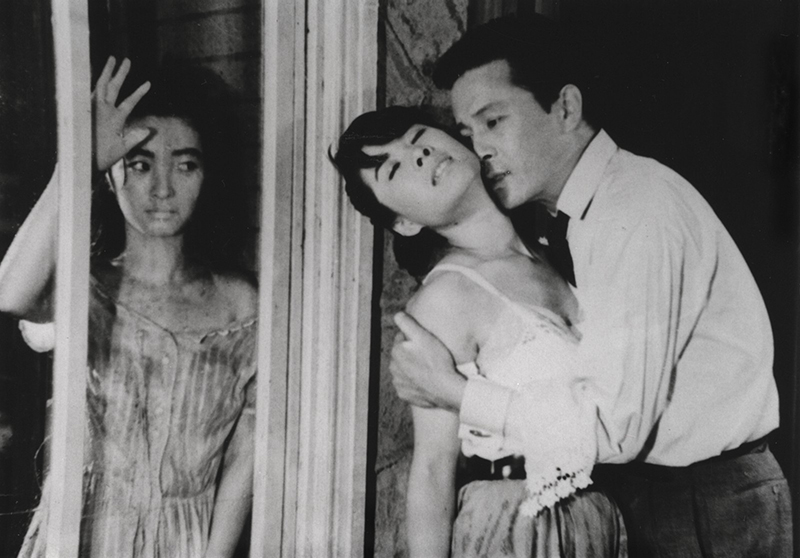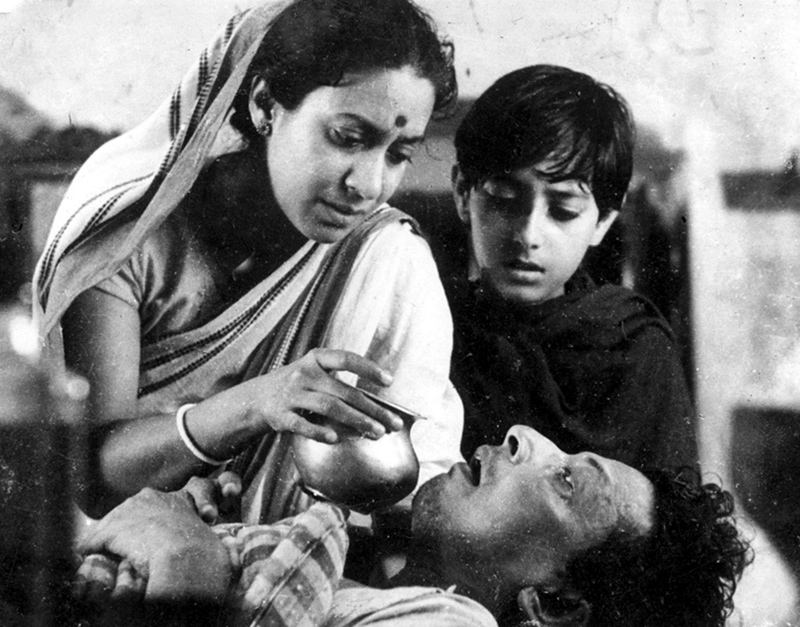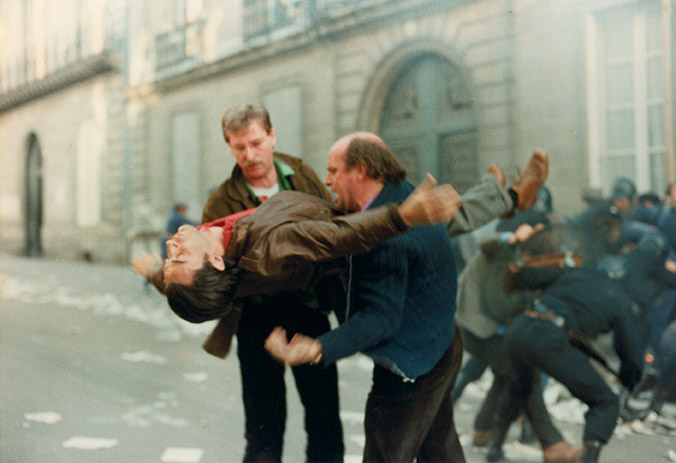영화 정보
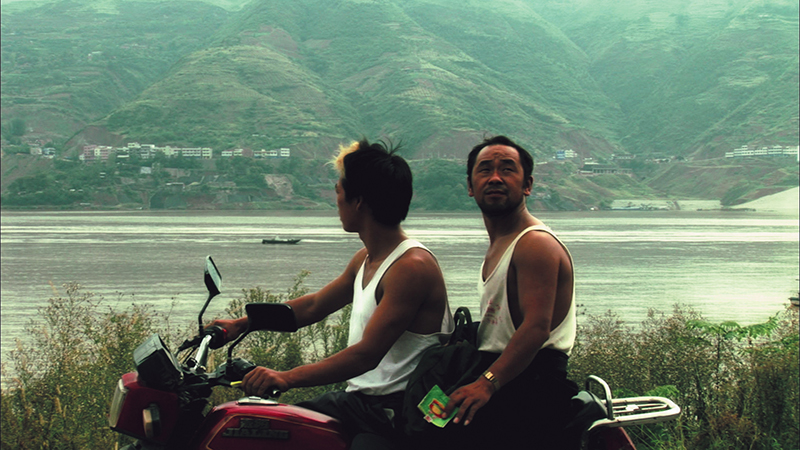
Still Life
20th(2015) Special Programs in Focus
Urbanization · Social Criticism · Capitalism
- CountryChina,Hong Kong,China
- Production Year2006
- Running Time112min
- Format Film(35mm)
- ColorColor
Program Note
When Still Life was screened at the Venice Film Festival, a surprise entry that received the Golden Lion, I realized that our Jia Zhangke had become the “internationally renowned” Jia Zhangke. Then again, he was internationally recognized even before that. At that time, the President of the jury was Catherine Denueve. I was impressed that excellent people possess the ability to evaluate new films, in addition to their own talents.
I met Jia Zhangke for the first time at the Forum section’s temporary office at the Berlin International Film Festival in 1997. Walter Salles, who had won the Golden Bear with Central Station in that year, also met Jia who was in his 20s. It is still fresh in my memory that Salles had made a stunning documentary that closely captured Jia Zhangke in Jia Zhangke, A Guy from Fenyang last year. Xiao Wu (1997) was greatly received worldwide. I have huge respect for Ulrich & Erica Gregor, the founders of Forum section, for discovering the film and valuing it so highly. Jia is now greatly respected around the world and the world is looking forward to his new work.
There are two protagonists in Still Life; one is looking for his wife who had separated from him sixteen years ago, and the other one is looking for her husband who has lost contact for two years. The film’s setting is in a village near the Three Gorges Dam construction site. The village has disappeared because of the dam, and it is going through a rapid change. It is not just about tearing down a few buildings and building new ones, it is about the violent upheaval of sinking the whole village into the bottom of the reservoir. The director even puts a scene of a building flying up to the sky. I think the film was done by someone who believes in the power of film.
The outstanding point of this film is the way it wonderfully describes the temperature and the humidity, something which is hard to portray on screen. I could feel the heat while I watched and it reminded me of the sweat of Mifune Toshiro from Kurosawa Akira’s Stray Dog. Life is a journey for everyone, constantly searching for something. What is the reason for our journey? Would that be for our future? Zhao Tao’s character continues to search, all covered with sweat. The film wonderfully portrays the rapid changes in China, contrasting its English title ′Still Life.′ It is appropriate to call it a masterpiece and it will be remembered in film history.
The charm of Jia Zhangke’s works is coming from the depth of digging into social problems with sharp eyes, while talking about life stories of ordinary individuals. Touch of Sin and the director’s new film this year, Mountain May Depart, are the same. We learn and think about the changes of China while watching his work. He supports young artists as a producer as well. I am savoring the happiness that I am living the same era with him. (HAYASHI Kanako)
Director
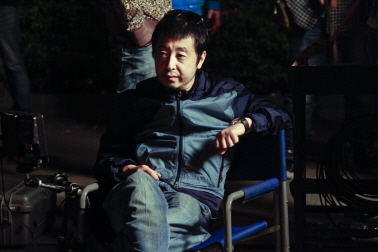

JIA Zhangke
Jia Zhangke was born in 1970 in Fenyang. He was graduated from Beijing Film Academy and made his first feature film Xiao Wu in 1998. His Still Life won the Golden Lion Award(Best Film) of 63rd Venice International Film Festival in 2006. His filmography includes Platform (2000), The World (2004), and 24 City (2008). He served as the faculty of BIFF AFA 2012 and received the Carrosse d’Or Prize of Cannes in this year.
Photo


Credit
- Director JIA Zhangke 지아장커





